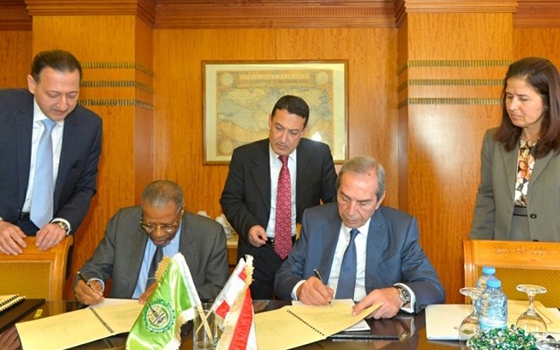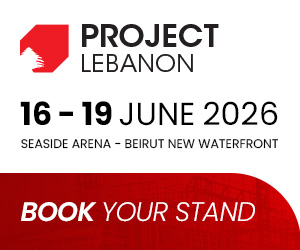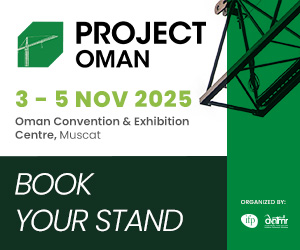Lebanon received $372.67 million in loans from the Islamic Development Bank to finance infrastructure projects across the country, according to a press release cited by the state-run National News Agency.
The agency’s write-up said five loan agreements were signed by the president of the Council for Development and Reconstruction, Nabil Jisr, and the president of the Islamic Development Bank, Ahmad Mohamed Ali al-Madani, at the headquarters of CDR in Beirut.
The first loan earmarks $128 million for a project to supply greater Beirut and Mount Lebanon with drinking water through Yasseri dam. This multipurpose project also involves the construction of a 12 MW power plant and a station to treat 25,000 cubic meters of water per day.
This project, which is also financed by the World Bank, will supply Beirut and Mount Lebanon with 12 million cubic meters of water per year, according to officials as reported by the NNA.
The second loan, for $87.5 million, is for the development of a sanitary and water treatment center in Ghadir basin. Over 1.1 million people are projected to benefit from this project once it is completed.
The third loan is valued at $60.97 million and will supply south Lebanon with drinking water continuously and without any interruption. Over 150,000 people are supposed to benefit from this project once it is completed.
The fourth loan is valued at $26.70 million for the completion of a southern coastal road. This project aims to improve transportation between Beirut and the south.
Officials said that this is a very vital project and is part of a big plan to overhaul transportation all over the country.
The fifth project is valued at $69.50 million and is designed to complete a “fast” northern highway in Tripoli. Once the project is completed, around 1 million people are expected to benefit.
Lebanon has been seeking loans and grants from international donors and international banks to finance vital infrastructure projects in most parts of the country.
Lebanon, burdened with a public debt of over $72 billion, has been unable to allocate sufficient funds to complete infrastructure projects.
The bulk of the government revenues go to covering the salaries of government employees, cost of debt servicing and the deficit of state owned Electricite du Liban. Economists and bankers have constantly called on the government to allocate more funds for infrastructure projects such as highways, power plans, water treatment centers and dams.
They argue that the injection of cash into these projects will help stimulate the economy and contribute to GDP growth.
The Daily Star
26 March



















































































